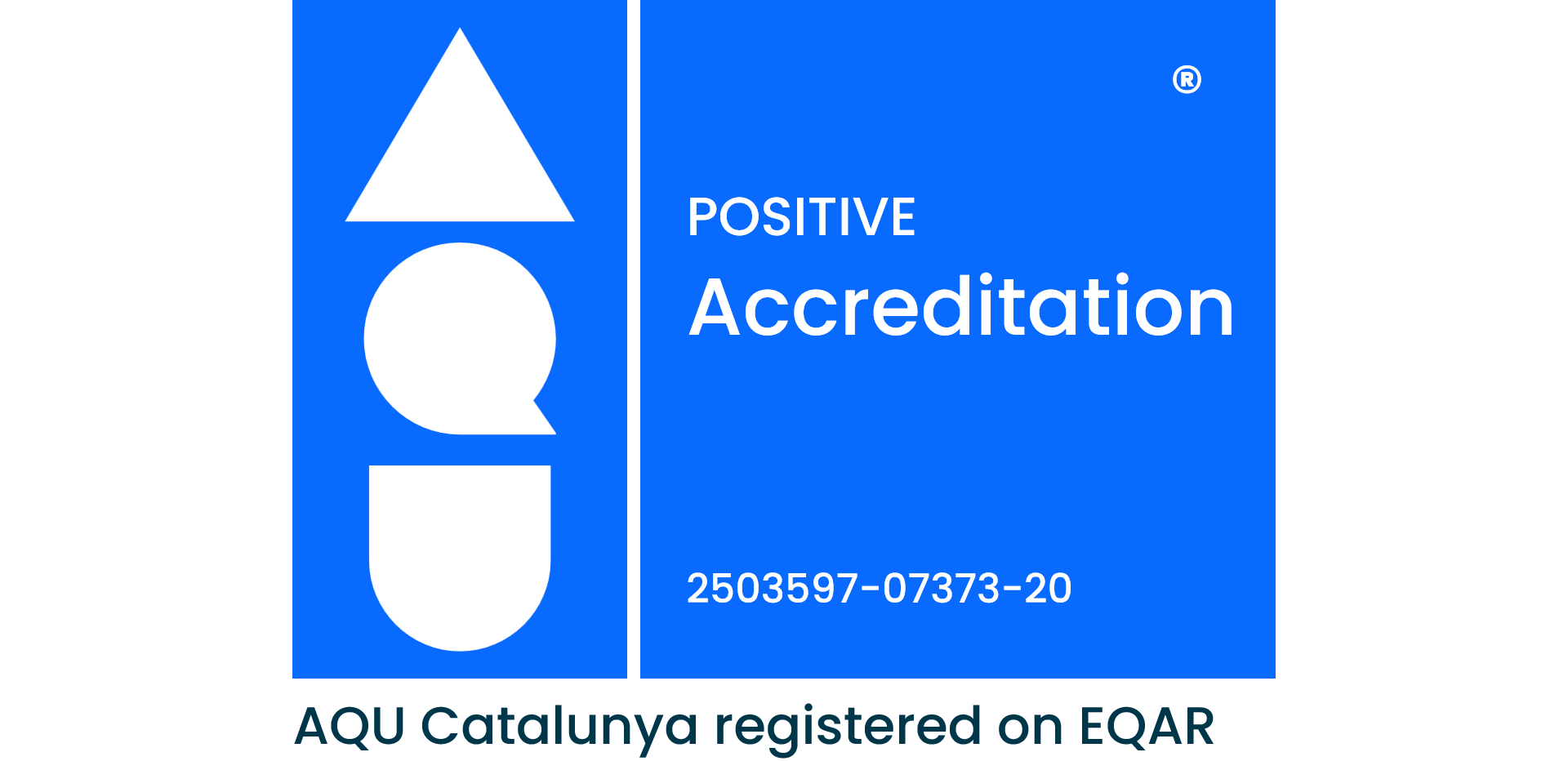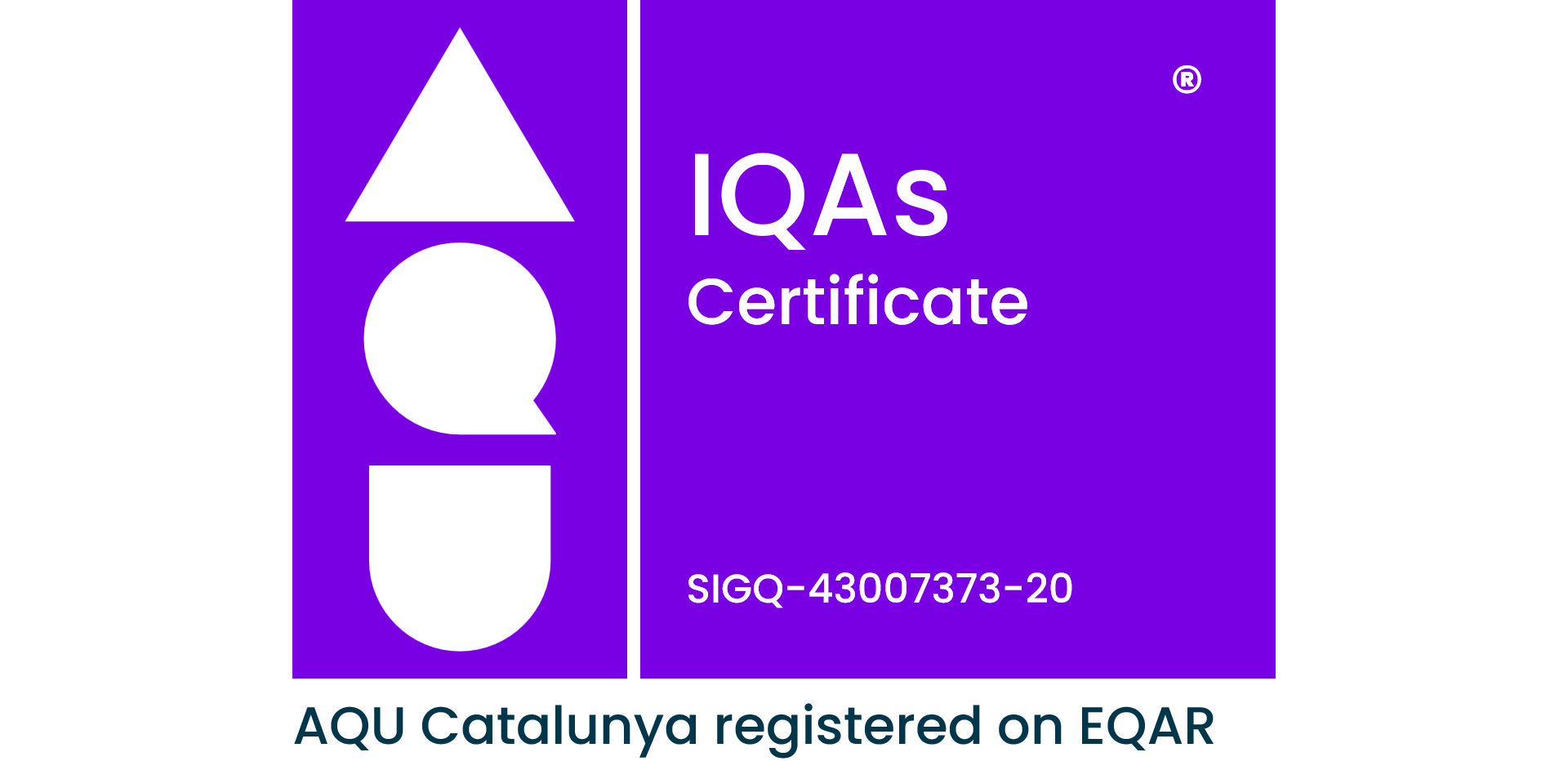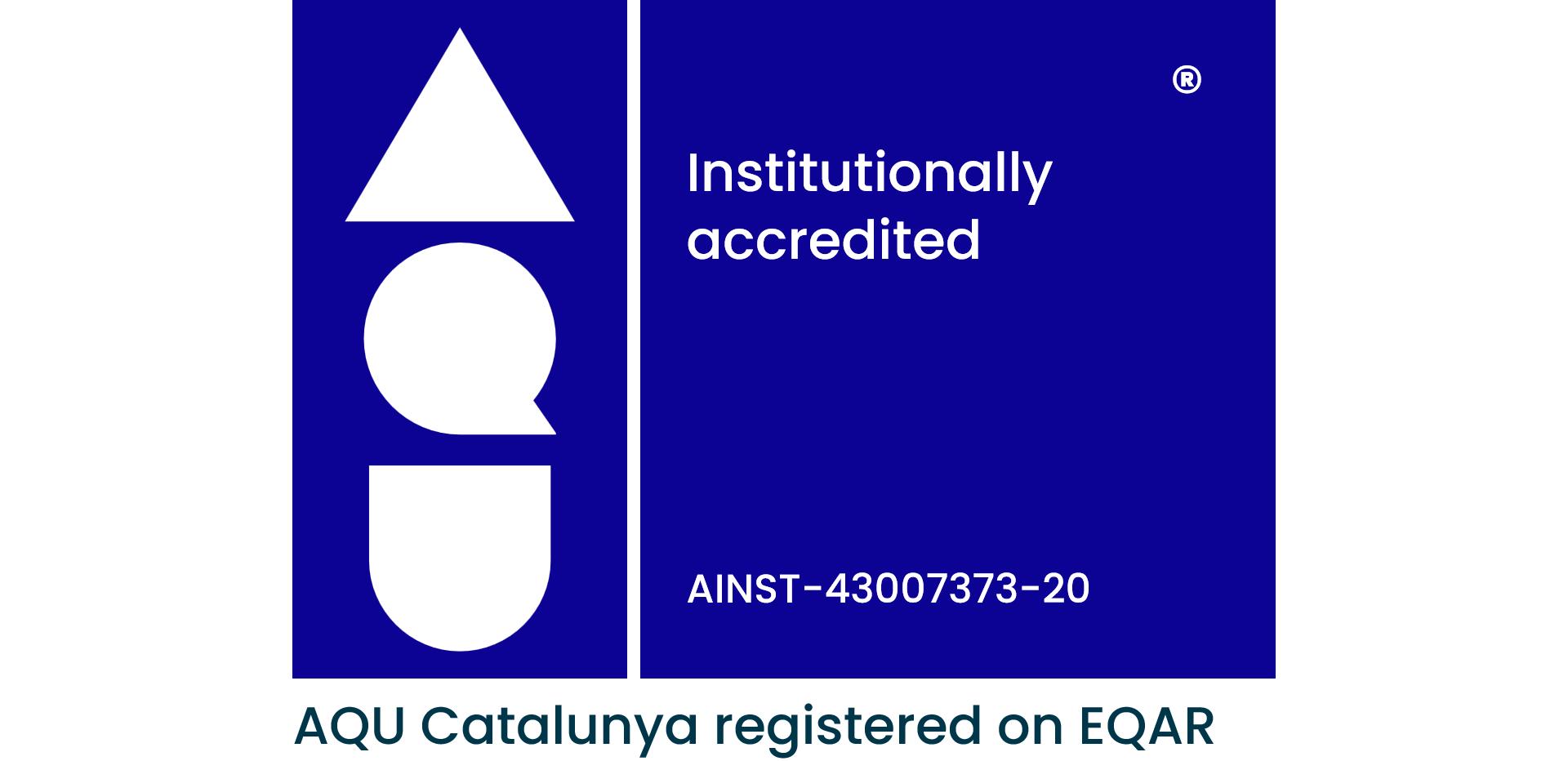Bachelor’s degree of Biomedical Engineering
- Recommended profile
- Program of studies
- Teaching guide
- Why should you study Biomedical Engineering at the URV?
- Career opportunities
- Quality seals
The main aim of the degree in Biomedical Engineering is to train students to become ICT Information and Communication Technologies (ICT) engineers and specialist engineers who understand the biomedical environment. Students who choose this degree will become professionals with solid training in four areas: equipment and instrumentation for diagnosis, examination, therapy and rehabilitation; analysis of biostatistical techniques and their application to clinical and omic data; design and application of ICT resources in telemedicine, teleoperation and hospital management; and acquisition and processing of medical images for aiding diagnosis through techniques based on artificial intelligence.
Teaching is taught at the Higher Technical School of Engineering, with a significant participation of the Faculty of Medicine and Health Sciences.
|
Available places |
35 |
|
Languages |
Catalan, Spanish and English |
Interested students should have a background in science and technology that includes mathematics and physics as compulsory subjects. Studies in chemistry and biology as compulsory or optional subjects are also recommended. Students should also possess a good level of oral and written communication in Catalan and Spanish, have a basic knowledge of English, and be able to use tools for accessing and processing information.
Why shouls you study Biomedical Engineering at the URV?
- You will have the opportunity to conduct internships at health centres as well as at biotechnology, pharmaceutical and medical technology companies in the region.
- You will be able to conduct your end-of-degree project in collaboration with students from the Faculty of Medicine and so approach your project from a multidisciplinary perspective.
On graduating you will be able to enter any of the following professional areas:
- Design of hardware and software for biomedical devices and instruments.
- Technical and purchasing management in the engineering departments of hospitals and other health sector organisations.
- Evaluation and certification of biomedical instruments and devices.
- Implementation of artificial intelligence systems for aiding clinical decision-making based on medical images and data.
- Technical management, treatment and transmission of clinical and biomedical data.
- Development of software and methods for developing new medicines.
- Miscellaneous tasks in the R&D&I departments of research centres, universities and companies in the health, biotechnology and pharmaceutical sectors.
SCHOOL OF ENGINEERING
Campus Sescelades
Av. Països Catalans, 26, 43007 Tarragona
osd.etse(ELIMINAR)@urv.cat / www.etse.urv.cat / 977 558 557






